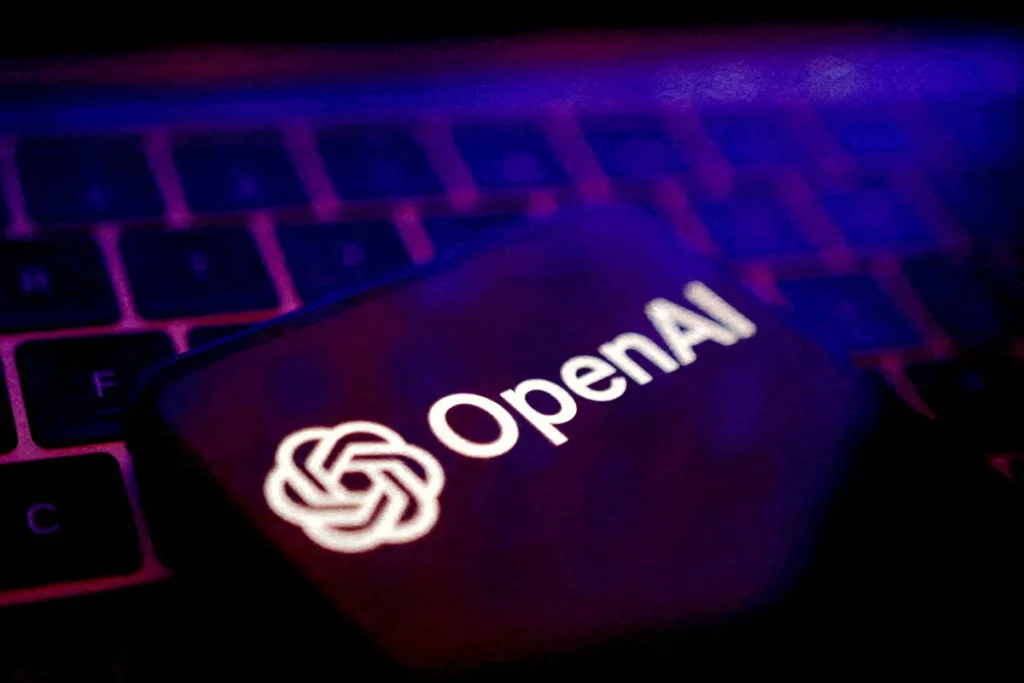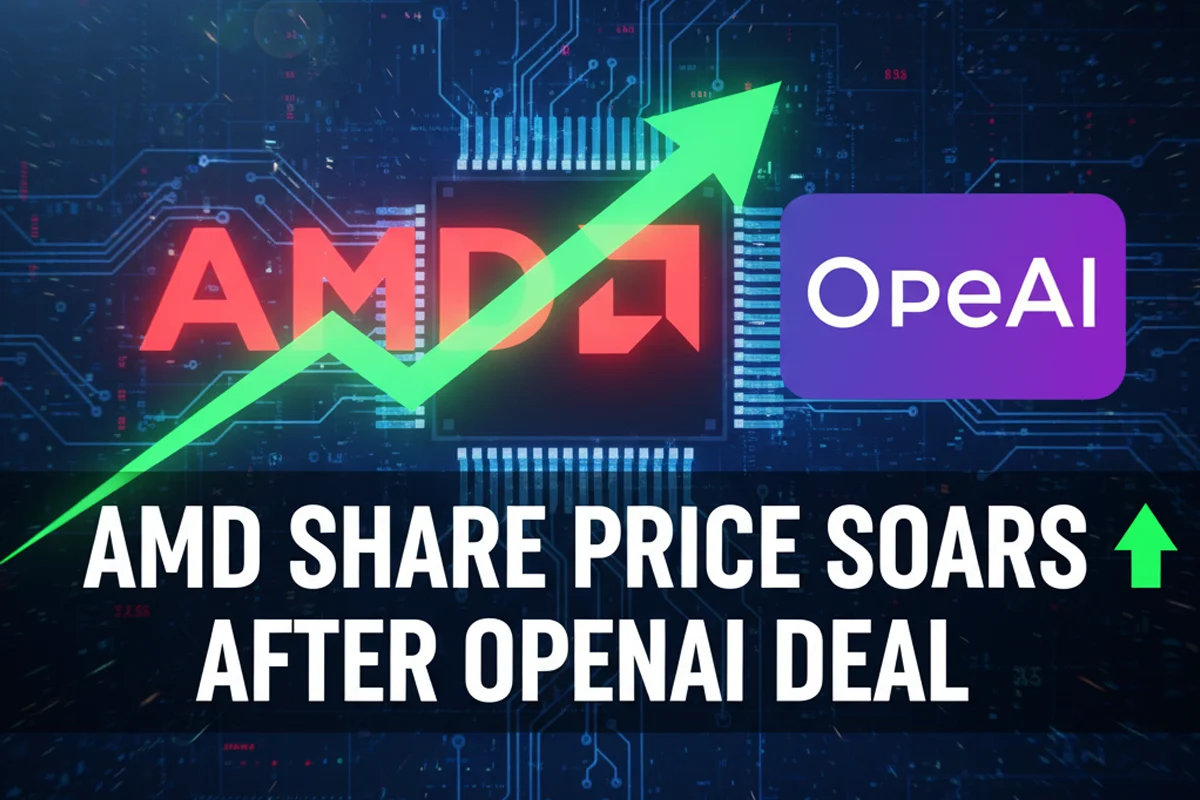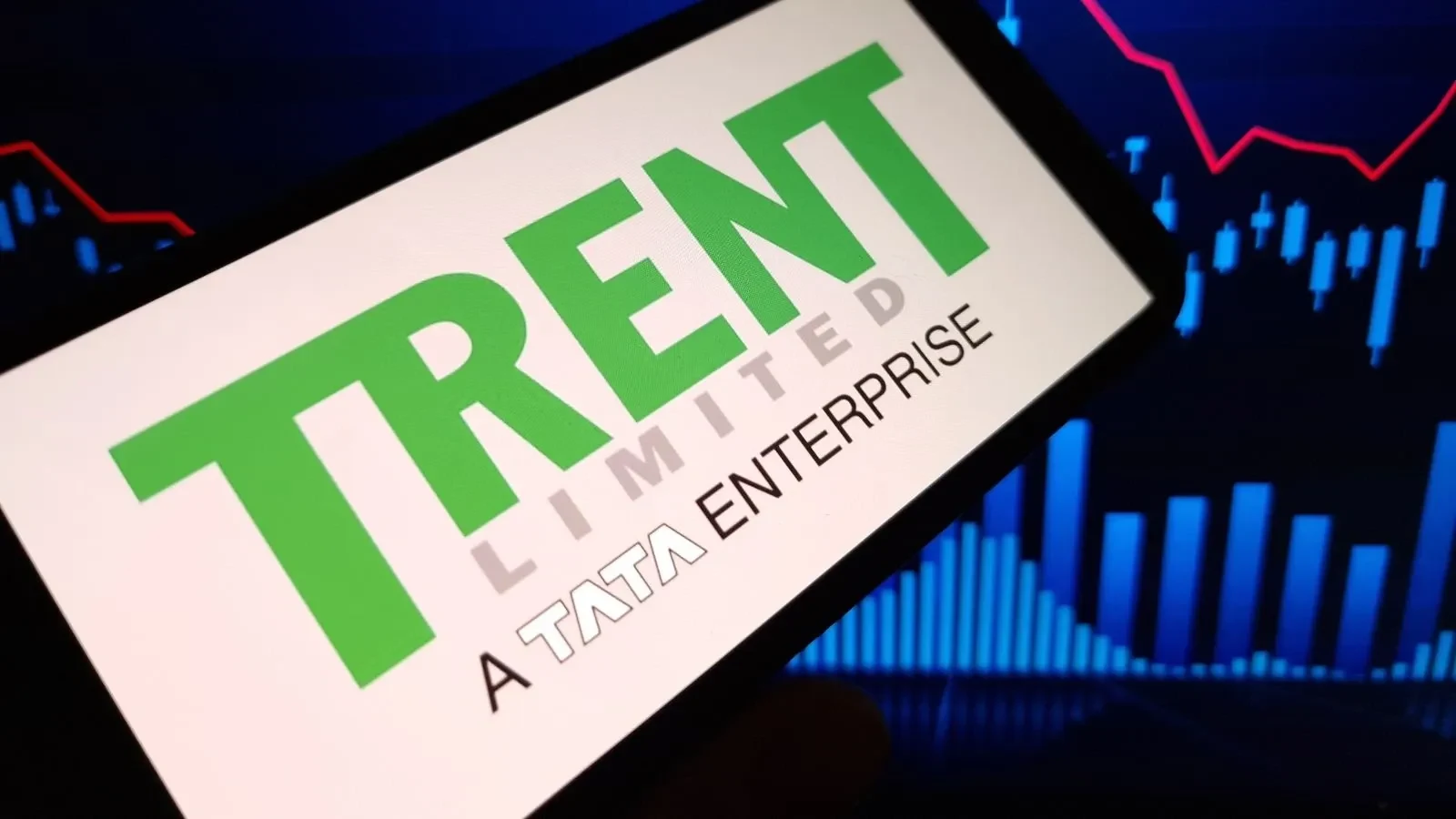“This article expresses my personal analysis based on publicly available financial data and market reports.”
OpenAI Broadcom deal: a new chapter in AI hardware
The AI world just got a jolt. Imagine your favorite chatbot becoming part hardware company. That’s what’s happening: whispers turned into headlines-OpenAI is reportedly teaming up with Broadcom to build its own AI processors. The OpenAI Broadcom deal might be the next step in redefining who controls the engine behind AI models.
Let me take you through what we know, what it means, and why, frankly, I’m excited (and a bit wary).
Why the OpenAI Broadcom deal matters in 2025
Tech giants are racing to build their own AI chips. Relying solely on Nvidia or AMD means limited flexibility, high costs, and supply constraints. By designing its own chip, OpenAI could cut dependence and tailor performance.
Reports suggest Broadcom has secured a $10 billion AI-chip order from an unnamed customer-widely speculated to be OpenAI. On Broadcom’s end, this deal flows perfectly with its push into custom silicon and networking gear.
Sources say OpenAI would handle chip design, while Broadcom would do development and deployment, aiming for production beginning in mid-2026. This is huge: shipping custom AI processors at scale is no small feat.
What’s changing: real-world insight

1. Smarter hardware for specific workloads
Generic chips are excellent, but custom ones can be tuned for specific AI tasks (like inference, large model layers, or memory access). OpenAI can optimize bottlenecks it sees in real usage.
2. Cost and supply control
By cutting out middlemen and controlling chip creation, OpenAI may reduce long-term costs and avoid supply chain disruptions. In 2025, we’ve already seen chip shortages ripple across industries.
3. Competitive edge
If OpenAI owns its stack-from models to silicon-that’s a moat. Others (Google, Amazon) are doing similar things. This move positions OpenAI to compete on infrastructure, not just software.
4. Risks ahead
Custom chips often carry delays or performance gaps vs mature designs. Past efforts by big firms (Microsoft, Meta) had stumbles when scaling. Analysts debate whether Broadcom + OpenAI can match or exceed Nvidia’s offerings in the near term.
What this means for the AI ecosystem
AI hardware is finally center stage
Investors and tech watchers are now paying attention to chip deals as much as model updates. The OpenAI Broadcom deal puts hardware innovation front and center for 2025.
Rival chipmakers will feel pressure
Nvidia, AMD, Marvell-all now have to respond. If OpenAI’s custom chips outperform, ties with them may weaken.
Democratization versus domination
If OpenAI keeps chips internal, only they benefit. But if they open parts of the architecture or license design, smaller AI firms could gain access. My money’s on partial openness-OpenAI knows it gains goodwill from collaboration.
My take: hopeful, but grounded

When I read about this deal, I felt a pulse of excitement. The idea that one of the most influential AI firms might build its own brainpiece? That’s bold. But I also feel caution—hardware is unforgiving. To pull this off by 2029 (the expected full deployment timeline) requires rhythm, precision, and luck.
I hope OpenAI leans toward sharing part of the tech-not hoarding it. The more accessible these advances, the healthier the AI ecosystem.
What to watch by end of 2025
- Official confirmation: Will OpenAI or Broadcom drop the mask and say, “Yeah, we did this together”?
- Early prototypes or leaks: Even small benchmarks or demos could hint at performance.
- Competitive responses: Nvidia, AMD, others will scramble.
- Investor moves: Chip and AI stocks will shift based on how credible this becomes.
Conclusion
The OpenAI Broadcom deal may well define AI’s next infrastructure frontier. I’m rooting for bold experimentation, but I’ll be watching closely for real deliverables (not just press releases). It’s thrilling to see AI evolve in 2025-this might be one of its defining moments.
Also Read Sensex & Nifty Today
Disclaimer: The views and recommendations above are those of individual analysts or brokerage companies, not US News Weeks. We advise investors to check with certified experts before making any investment decisions.
Source : Reuters - Broadcom's $10 Billion Mystery
✍️ Written by Nikhil Singh
Market & IPO Analyst | Business News Writer | Tech-Auto Observer
Nikhil has been tracking Indian IPOs, consumer brands, tech & automobile overview and financial trends since 2019. His writing style blends market insight with a relatable human voice — making complex data simple for everyday investors.







